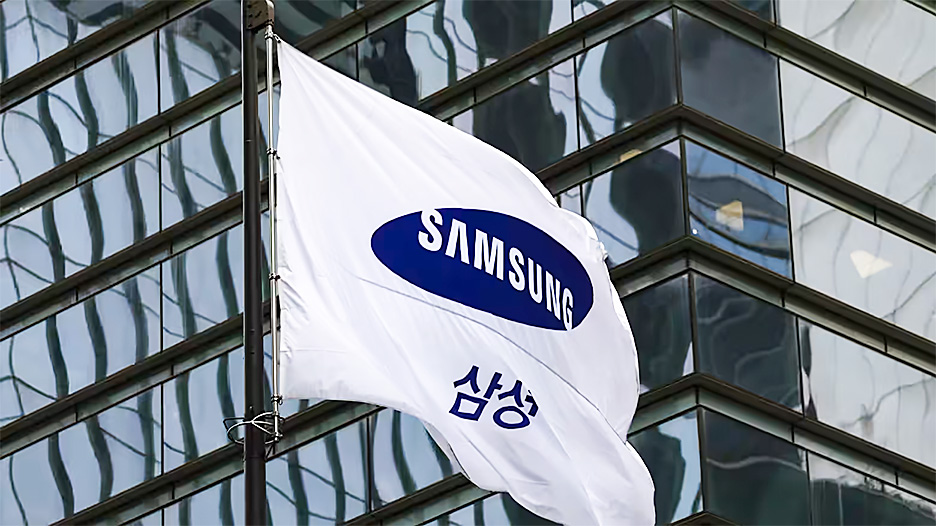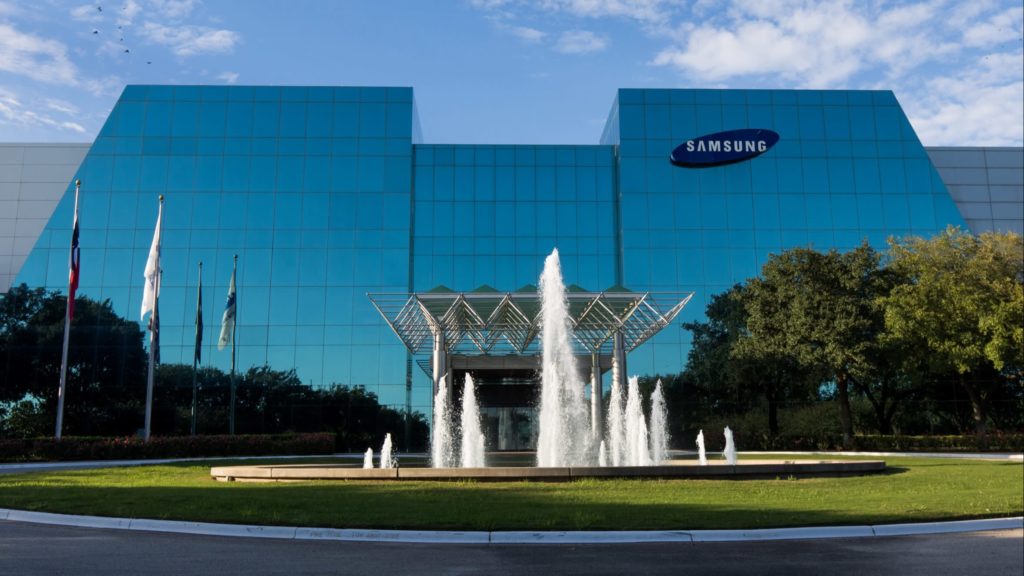
Samsung Electronics, Inc. – a giant in the global consumer electronics industry – saw operating profits drop a stunning 40% in its all-important Device Solutions Division compared to the previous quarter. Device Solutions is its semiconductor division and many in the industry are watching this division closely, as it is a key part of Samsung’s business. But recently, the company – in a rare miss – failed to get on board with the rapid growth of the artificial intelligence (AI) industry early on. It is now running to catch up to competitors and this result shows they are not yet there.
See more on this rare stumble from industry giant Samsung
Just a few days ago, Samsung reported that its Device Solutions Division, the business unit that covers memory, foundry, and system large-scale integration (LSI) chips, booked an operating profit of 3.9 trillion won ($2.8 billion) for the three months that ended September 30, 2024, as reported by the Nikkei. This result was down a shocking 40% from the previous quarter.
This past summer – in a report on the company being hit with its first-ever strike by labor unions – I revealed that the timing of the strike was problematic for Samsung, as it was in the throes of trying to turn around its chip business (see that story here, scroll to Strike Comes at a Challenging Time for Samsung). The company had just dismissed the head of the chip division and it was scrambling to play catch up with other suppliers who were feeding AI-focused companies like Nvidia.
Samsung Still Has a Ways to Go
This quarterly result shows that the company still has a ways to go. Consider the fact that Samsung’s chief competitor in the advanced chip business, SK Hynix, reported that its operating profits jumped 28.6% to 7 trillion won in the same quarter. This growth was almost singularly due to its supplying Nvidia with advanced high bandwidth memory (HBM) chips.
As I reported back in the summer, Samsung also manufactures HBM chips, but so far their designs have failed to pass testing from Nvidia for inclusion into their products. This is a high-priority project for Samsung to improve its HBM chip designs such that they are acceptable to Nvidia. Right now, AI is sucking all the air out of the chip industry, and Samsung isn’t able to participate – a reality that is costing them a lot of business.
Company Downplays the Negative Result
In the meantime, Samsung downplayed the chip division’s performance decline, saying, “…performance decreased due to a reduced reversal of inventory valuation loss compared to the previous quarter, one-off expenses such as the provision of incentives, and currency effects due to a weak dollar.” While this explanation sounds relatively benign, the fact is that the performance of the chip division impacted overall results as well.

Samsung’s overall operating profit came in at 6.8 trillion won, down 12.1% compared to the previous quarter. While the company noted that this was slightly better than previously provided performance guidance, that is small compensation for the company’s significant decline…and the lack of progress in advancing the division.
Not All Is Lost
However, not all was lost…the company reported that memory chip sales to AI and server centers – all being beefed up to accommodate AI – grew in the quarter. Looking forward to 2025, the company remains bullish on growth prospects.
Looking ahead to 2025, datacenter and enterprise investments are likely to remain strong in association with AI, and build demand for conventional servers, in addition to AI servers, is expected to be steadily strong.
From: Samsung Electronics Announces Results for Third Quarter of 2024
See more on Samsung by visiting samsung.com.





Leave a Reply